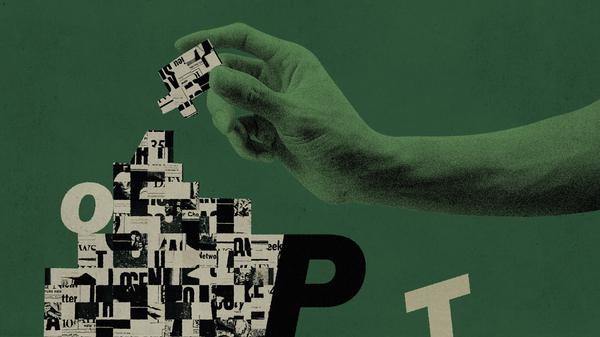Now, as many in Silicon Valley contend with the consequences of AI development today, Jones and Mahelona’s approach could point the way to a new generation of artificial intelligence—one that does not treat marginalized people as mere data subjects but reestablishes them as co-creators of a shared future.
Like many Indigenous languages globally, te reo Māori began its decline with colonization.

After the British laid claim to Aotearoa, the te reo name for New Zealand, in 1840, English gradually took over as the lingua franca of the local economy. In 1867, the Native Schools Act then made it the only language in which Māori children could be taught, as part of a broader policy of assimilation. Schools began shaming and even physically beating Māori students who attempted to speak te reo.
In the following decades, urbanization broke up Māori communities, weakening centers of culture and language preservation. Many Māori also chose to leave in search of better economic opportunities. Within a generation, the proportion of te reo speakers plummeted from 90% to 12% of the Māori population.
In the 1970s, alarmed by this rapid decline, Māori community leaders and activists fought to reverse the trend. They created childhood language immersion schools and adult learning programs. They marched in the streets to demand that te reo have equal status with English.
In 1987, 120 years after actively supporting its erasure, the government finally passed the Māori Language Act, declaring te reo an official language. Three years later, it began funding the creation of iwi, or tribal, radio stations like Te Hiku Media, to publicly broadcast in te reo to increase the language’s accessibility.
Many Māori I speak to today identify themselves in part by whether or not their parents or grandparents spoke te reo Māori. It’s considered a privilege to have grown up in an environment with access to intergenerational language transmission.




